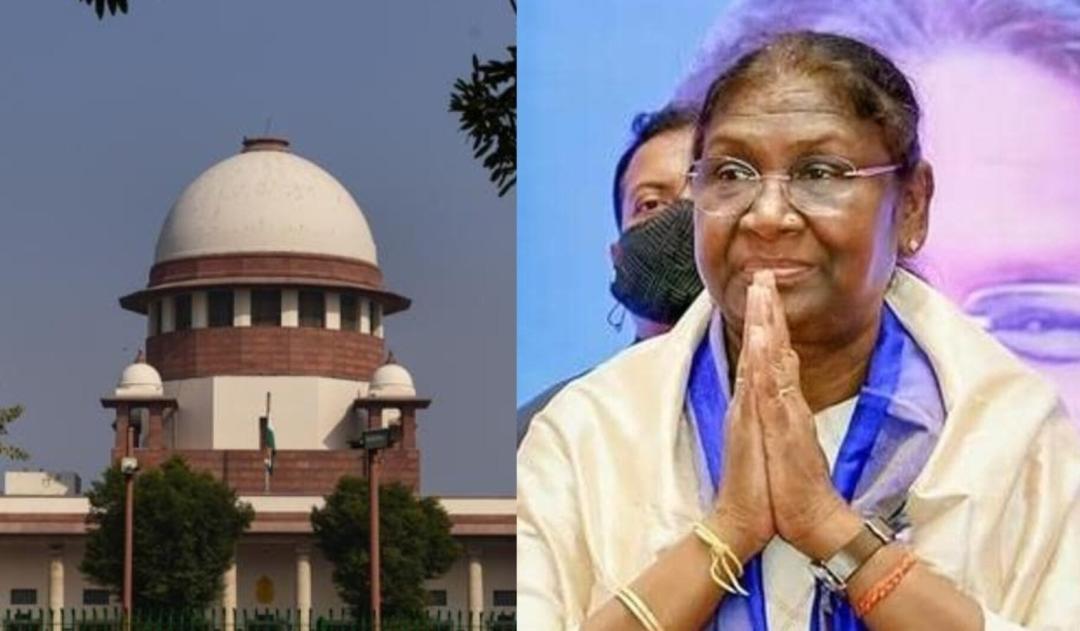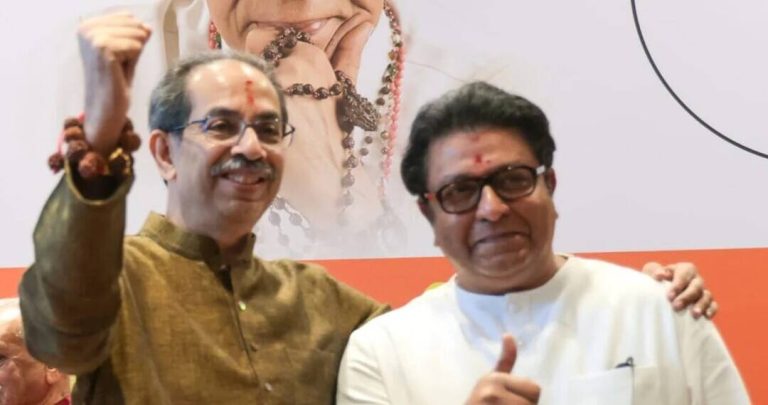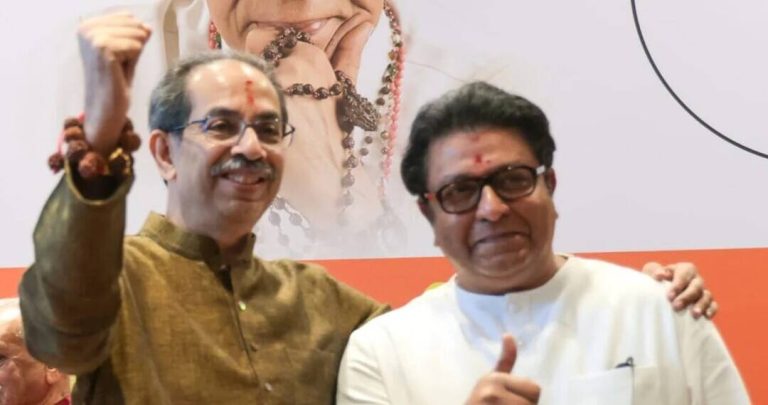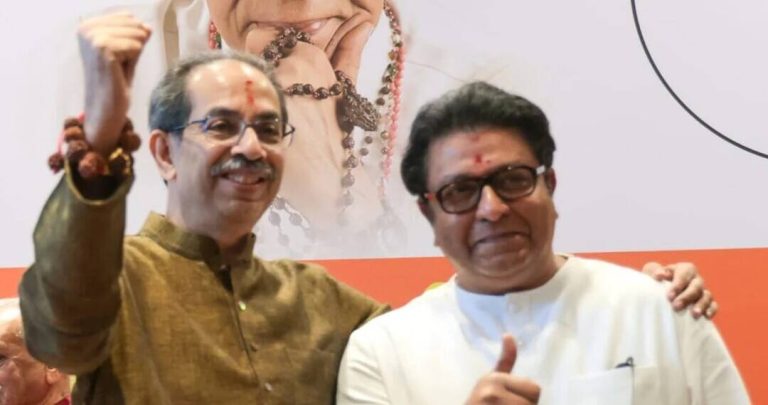
Timelines can’t be fixed for President, Governors to approve Bills: SC
The Supreme Court of India has made a significant ruling on the role of the President and Governors in granting assent to Bills passed by state legislatures. On Thursday, the apex court stated that courts cannot set timelines for the President and Governors to grant assent to Bills. However, it also emphasized that it would be against the principles of federalism if a Governor were to withhold Bills without following due process.
This ruling comes in response to a reference made by President Droupadi Murmu, after the Supreme Court had imposed a three-month deadline for the grant of assent to Bills. The reference was made to seek clarification on the court’s earlier order, which had raised questions about the limits of judicial intervention in the legislative process.
The Supreme Court’s decision is a nuanced one, recognizing the importance of respecting the constitutional roles of the President and Governors, while also ensuring that they do not abuse their powers. The court has made it clear that while it cannot set timelines for the grant of assent, it can still intervene if a Governor fails to follow due process or withholds assent without valid reasons.
The issue of timelines for granting assent to Bills has been a contentious one, with some arguing that it is essential to ensure that the legislative process is not delayed unnecessarily. Others, however, have argued that setting timelines would be an overreach of judicial power and would undermine the constitutional authority of the President and Governors.
The Supreme Court’s ruling is likely to have significant implications for the functioning of state legislatures and the relationship between the judiciary and the executive. It highlights the importance of balance and restraint in the exercise of judicial power, while also emphasizing the need for accountability and transparency in the legislative process.
In its ruling, the Supreme Court has recognized that the grant of assent to Bills is a discretionary power vested in the President and Governors. This power is not subject to timelines or deadlines, and the courts cannot direct the President or Governors to grant assent within a specific timeframe.
However, the court has also made it clear that this discretion is not absolute and must be exercised in accordance with the principles of federalism and the Constitution. If a Governor withholds assent to a Bill without valid reasons or fails to follow due process, the court can intervene to ensure that the legislative process is not frustrated.
The Supreme Court’s decision is a significant one, and it is likely to have far-reaching implications for the functioning of state legislatures and the relationship between the judiciary and the executive. It highlights the importance of balance and restraint in the exercise of judicial power, while also emphasizing the need for accountability and transparency in the legislative process.
In conclusion, the Supreme Court’s ruling that timelines cannot be fixed for the President and Governors to approve Bills is a nuanced and significant one. It recognizes the importance of respecting the constitutional roles of the President and Governors, while also ensuring that they do not abuse their powers. The ruling is likely to have significant implications for the functioning of state legislatures and the relationship between the judiciary and the executive, and it highlights the importance of balance and restraint in the exercise of judicial power.
The ruling also underscores the importance of federalism and the need for the President and Governors to exercise their powers in accordance with the Constitution. It is a reminder that the legislative process is a complex and delicate one, and that all stakeholders must work together to ensure that the will of the people is respected and represented.
As the Supreme Court has made it clear, the grant of assent to Bills is a discretionary power vested in the President and Governors. However, this power must be exercised in accordance with the principles of federalism and the Constitution. The court’s ruling is a significant one, and it is likely to have far-reaching implications for the functioning of state legislatures and the relationship between the judiciary and the executive.
The Supreme Court’s decision is a testament to the strength and resilience of India’s democratic institutions. It highlights the importance of checks and balances in the system, and the need for all stakeholders to work together to ensure that the will of the people is respected and represented.
In the end, the Supreme Court’s ruling is a significant one, and it is likely to have far-reaching implications for the functioning of state legislatures and the relationship between the judiciary and the executive. It is a reminder that the legislative process is a complex and delicate one, and that all stakeholders must work together to ensure that the will of the people is respected and represented.




